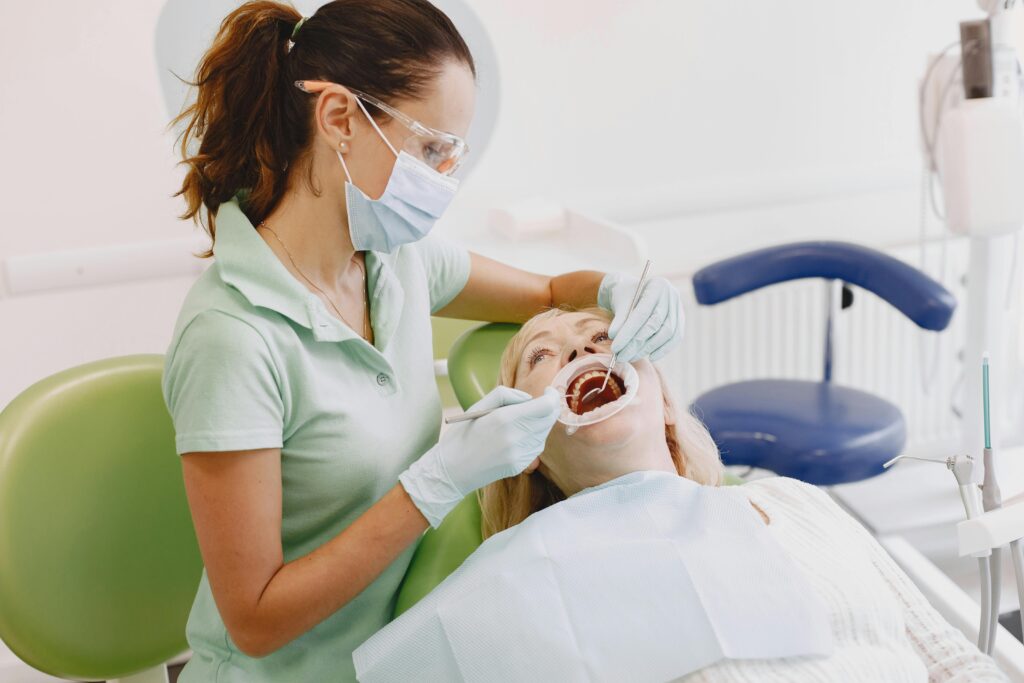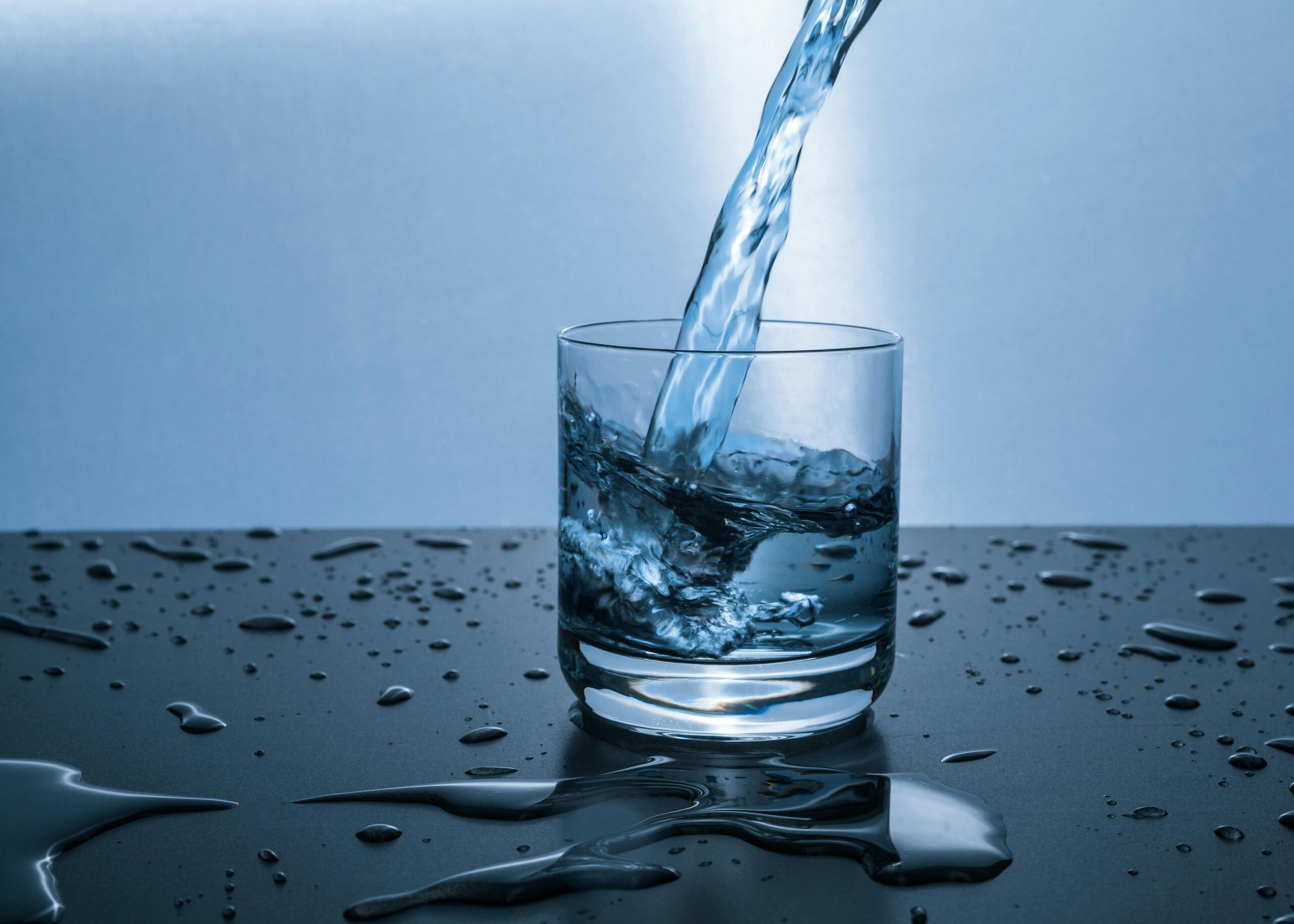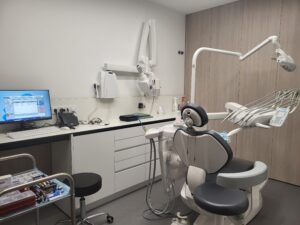Dental tourism attracts thousands of patients every year seeking high-quality dental treatments at affordable prices. After dental care in Portugal, it is essential to follow a suitable diet to promote healing and prevent complications. Eating well after dental procedures not only helps soothe pain but also ensures a fast and safe recovery.
Discover which foods to prioritize and which to avoid after dental treatment, as well as Portuguese dish suggestions suited to your recovery.
Why Diet is Essential After Your Dental Treatment in Portugal
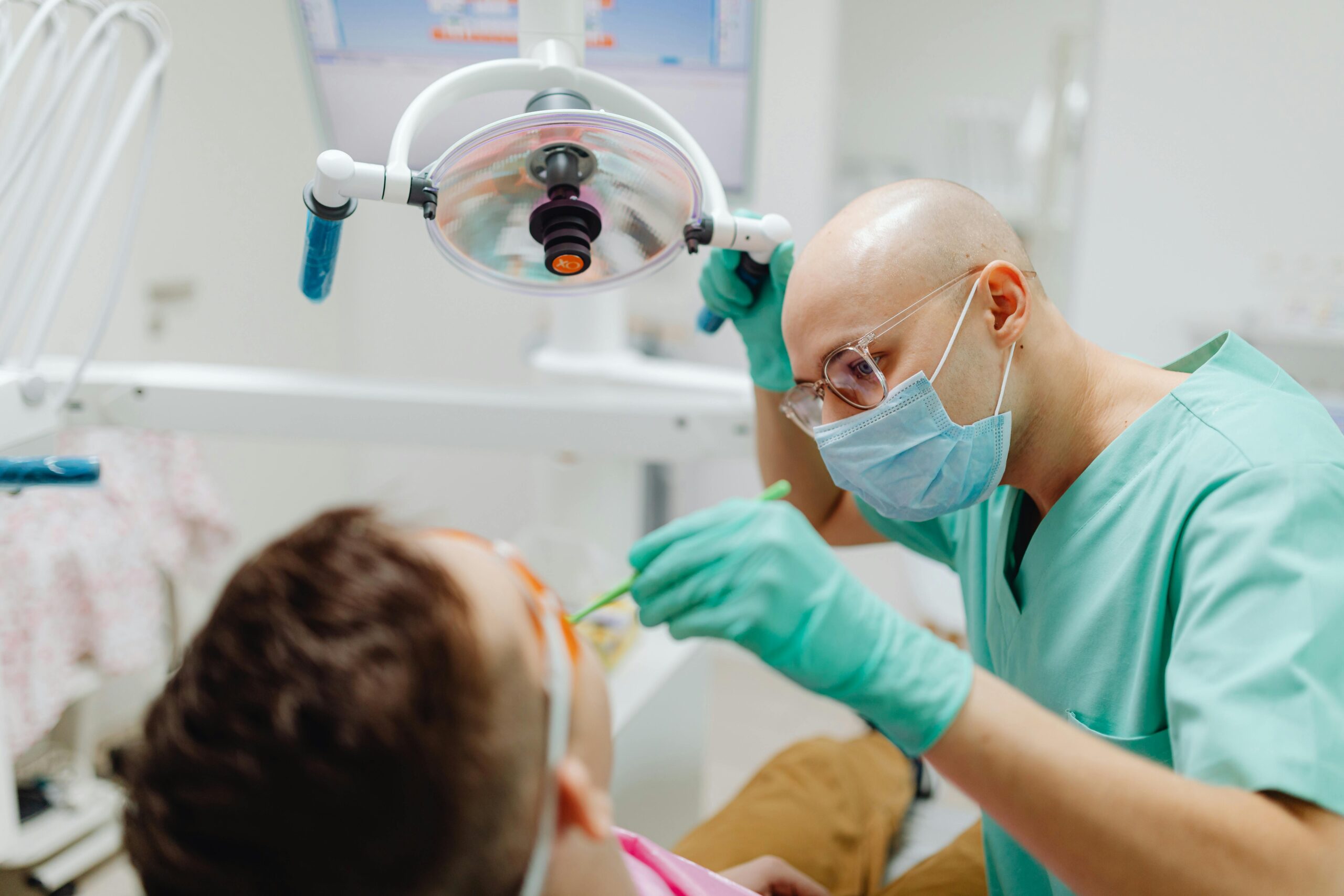
After an extraction, the placement of an implant, veneers, or crowns, the mouth becomes more sensitive and vulnerable. A suitable diet helps:
-
Prevent infections and inflammation.
-
Reduce pain and discomfort.
-
Promote fast healing.
-
Avoid damaging new dental work.
Adopting a proper diet is therefore crucial for optimal recovery during dental tourism in Portugal.
Recommended Foods After Dental Care
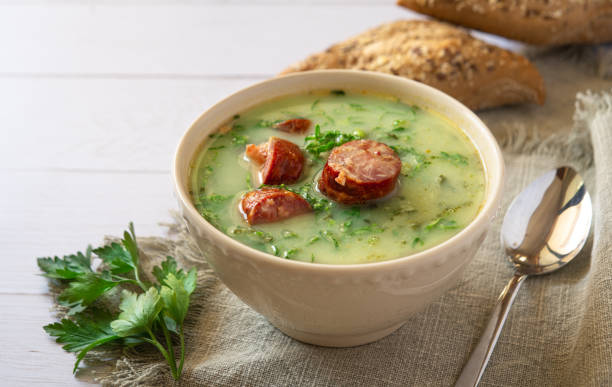
1. After Tooth Extraction or Implant Placement
When a tooth is extracted or an implant is placed, the gums and bone are in the process of rebuilding. To avoid disrupting healing:
Prioritize:
-
Warm soups (e.g., Caldo Verde, vegetable soup).
-
Mashed vegetables or potatoes.
-
Plain yogurt and cottage cheese.
-
Unsweetened fruit purees.
-
Scrambled or soft-boiled eggs.
-
Smoothies without citrus fruits.
Avoid:
-
Hard or crunchy foods (bread, nuts, chips).
-
Very hot or spicy dishes.
-
Alcoholic and acidic drinks (orange juice, vinegar).
-
Sodas and carbonated drinks.
2. After Veneer or Crown Placement
The placement of dental veneers or crowns requires some dietary precautions to avoid excessive pressure on the teeth:
Prioritize:
-
Tender foods such as steamed fish.
-
Well-cooked pasta and rice.
-
Tender white meats (chicken, turkey).
-
Cooked and soft vegetables.
Avoid:
-
Sticky foods (caramel, candies, chewing gum).
-
Hard nuts and seeds.
-
Very sugary foods that can promote cavities.
Portuguese Dishes Adapted to Your Recovery After Dental Care in Portugal
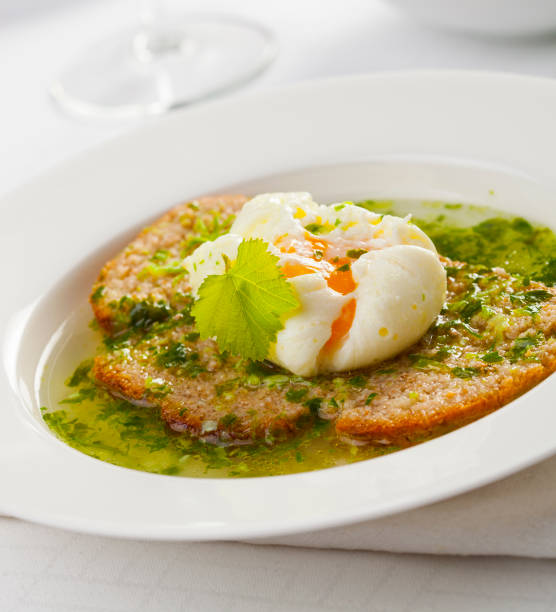
Dental tourism in Portugal also offers the opportunity to explore a rich and delicious cuisine. Here are a few local dishes compatible with a post-treatment diet:
-
Caldo Verde: A hearty potato and kale soup, very nourishing.
-
Arroz de Tamboril: Monkfish rice, tender and easy to chew.
-
Bacalhau à Brás: Shredded cod with eggs and grated potatoes, perfect after veneer placement.
-
Açorda: Bread soaked in broth with poached eggs.
-
Arroz Doce: Portuguese rice pudding, a gentle dessert option.
Foods to Avoid after dental care
While Portuguese cuisine is diverse, some foods should be avoided after dental treatments:
-
Pastéis de Nata: Too sweet and crunchy.
-
Francesinha: Too rich and spicy.
-
Typical bread (Broa de Milho): Often too hard.
-
Red wine and coffee: Can stain veneers and make teeth sensitive.
Additional Tips for a Quick Recovery
- Drink plenty of water to avoid dry mouth.
- Avoid using a straw after an extraction to prevent infection.
- Eat in small portions and chew gently.
- Brush your teeth delicately with a soft toothbrush.
- Follow your dentist’s instructions for optimal recovery.
Why Choose Portugal for Your Dental Care?
Dental tourism in Portugal is becoming increasingly popular due to:
-
Modern clinics and qualified dentists.
-
Treatments up to 70% cheaper than in France or Belgium.
-
A pleasant environment for recovery.
-
A rich gastronomy suited to post-operative needs.
Diet plays a key role in recovery after dental treatments. By choosing the right foods and avoiding certain items, you maximize your chances of a quick and smooth recovery. Dental tourism in Portugal is an excellent option for quality care while enjoying a pleasant environment and delicious cuisine.
If you are considering dental care in Portugal, feel free to inquire about the best clinics and plan your stay while considering dietary recommendations for optimal recovery!

